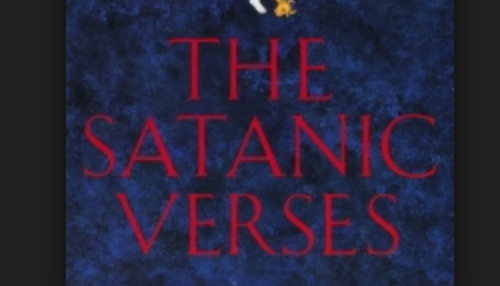This is a cross-post from Jacobinism
On the 24 September, the UK saw the closure of yet another controversial artwork in response to the mobilisation of protests. The installation Exhibit B, conceived and directed by the South African artist and provocateur Brett Bailey, takes as its starting point the 19th century phenomenon of ‘human zoos‘, and is described by Bailey as follows:
What interests me about human zoos is the way people were objectified. Once you objectify people, you can do the most terrible things to them. But what we are doing here is nothing like these shows, where black people were brought from all over Africa and displayed in villages. I’m interested in the way these zoos legitimised colonial policies.
Since 2012, Exhibit B has played in some 19 cities before arriving in London and received considerable acclaim. Lynn Gardner in the Guardian called it “both unbearable and essential”, Allan Radcliffe in the Times called it “remarkable . . . powerful and upsetting”, and Neil Cooper, reviewing the installation for the Edinburgh Festival (and perhaps putting his finger on the masochistic pleasure in which Bailey invites his Western audiences to marinate), revealed that “the guilt [Exhibit B] provokes is devastating”.
Others, like Laura Barnett at the Telegraph were less sure. Acknowledging its merits, she nevertheless found Exhibit B to be “a highly problematic” and possibly exploitative piece of work. She did not, however, call for its closure. Nor, to my knowledge, did any other serious-minded writer, whatever their view of its worth. And, whether it succeeded or not, Bailey’s work was generally agreed to have been at least intended as an indictment of Western colonialism.
But soi-dissant anti-racist activists were in no mood to be so tolerant or broad-minded, and they did not hesitate to accuse both artist and production of outright racism. In Berlin, Bailey’s work was greeted with furious protests and, upon learning that Exhibit B would be performed at The Barbican in London, a Birmingham activist named Sara Myers started an online petition, demanding the immediate withdrawal of Bailey’s “racist” work. “If Brett Bailey is trying to make a point about slavery” Myers instructed, “this is not the way to do it.” This sentiment was rewarded with nearly 23,000 signatures.
Protests outside the venue followed, blockading the road, and on 24 September, the Barbican announced, with regret, that it was cancelling all shows:
Due to the extreme nature of the protest outside the Vaults, regrettably we have cancelled this evening’s performance of Exhibit B as we could not guarantee the safety of performers, audiences and staff. We respect people’s right to protest but are disappointed that this was not done in a peaceful way as had been previously promised by campaigners.
For those committed to the defence of free inquiry and artistic expression, this is not a complicated matter. And it would be only slightly more complicated if the work in question were indisputably racist. The right of artists to express themselves as they see fit must be inviolate, as must the right of audiences to make up their own minds about the merits of what they produce. It bears repeating that an axiom of free speech advocacy is the willingness to defend the expression of opinions with which one vehemently disagrees.
But in a dismal op-ed for the anti-censorship advocacy organisation Index on Censorship, its associate arts producer, Julia Farrington, found herself unable to do any such thing. Her article, it should be noted, appeared on the Index website on 22 September – that is, after the petition and protests had been launched but before Exhibit B‘s cancellation. By 25 September, Index had found it necessary to issue an unsigned clarification of their official position, stating:
Those who read [Julia Farrington’s] article following the cancellation and our short comment on it have interpreted our stance as one that in some way excuses or condones the protesters and the cancellation of the piece. This was certainly not our intention . . . People have every right to object to art they find objectionable but no right whatsoever to have that work censored. Free expression, including work that others may find shocking or offensive, is a right that must be defended vigorously.
This must be news to Farrington, whose defence of Bailey’s right to conceive and present his work is tepid in the extreme. Instead, her article takes the side – with minimal equivocation – of those noisily declaring themselves offended by it.
Although Sara Myers’s petition explicitly demands the Barbican cancel its performances of Bailey’s work – and although Farrington does mention this fact – she persistently misdescribes Myers’s transparently censorious campaign against venue and artist as “a boycott”. And it is the protestors to whom she awards credit, without irony, for “ensuring dialogue is happening”.


